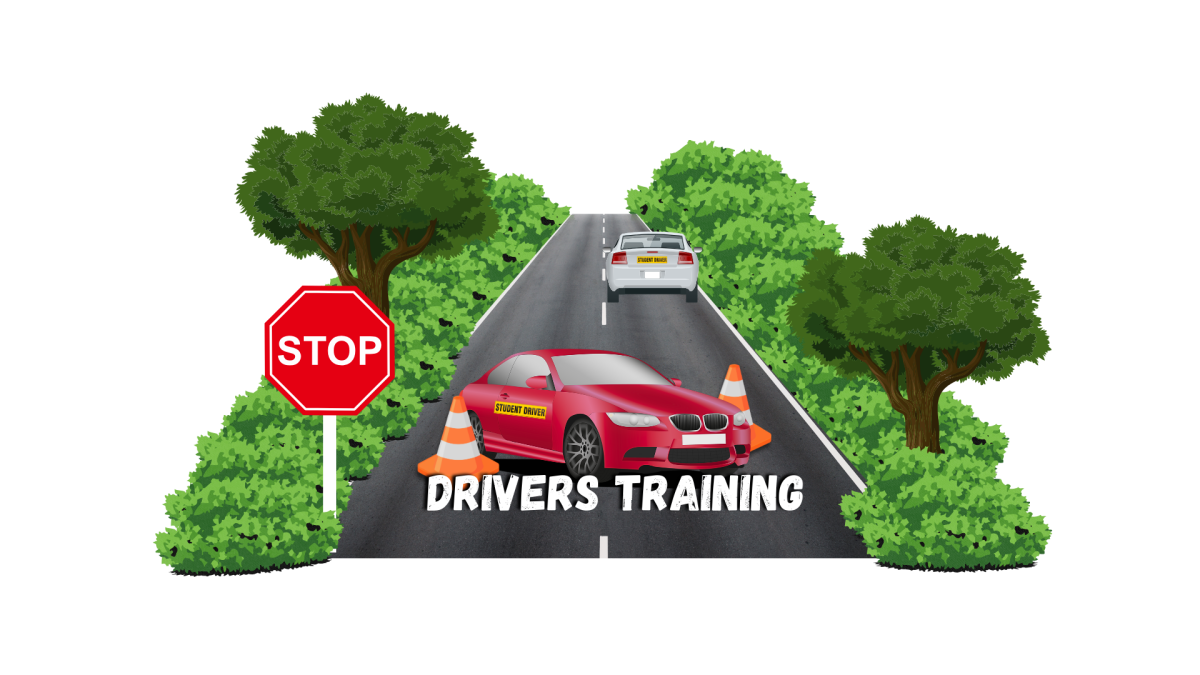
An almost unanimous complaint among high school students is the question, “When am I ever going to need this in the real world?” This phrase is probably most often heard referring to math, and the legitimacy of this statement is combated by teachers constantly.
Who is in the right, the teachers, or the students?
According to a Georgetown University study, “Five percent of the working population needs the sequence of mathematics courses [Algebra I, and Algebra II] that are required of students who will go on to take calculus.”
This statement sort of raises a few questions.
If only 5 percent of the working class utilizes the skills learned in Algebra I and II, why is it a required course in every public high school in the United States?
The answer to this question is not very direct or apparent, but to completely redo the nation’s existing math curriculum would take a tremendous amount of effort. People do not readily accept a change like that, and to most citizens, the system is fine the way it is.
So why should it be fixed?
Well, putting every student through a moderately advanced course that they don’t actually need seems pretty foolish. Just one missing credit in algebra or precalculus is enough to prevent a student from high school graduation, and frankly, there are students with very limited math skills that are required to learn concepts like polynomial division and trigonometric identities. Everyone is required to take algebra and precalculus, but not everyone is ready for it.
In an article titled “How Much Math is Enough” by Watson Scott Swail it is said that “most students in middle and high school have no need for Algebra II. The reality is that our workers need to use ratios, statistics, and basic algebra rather than the higher-level mathematics that they are forced to endure.”
This raises another problem, how fast 8th grade mathematics are breezed through in order to make room for algebra. In the 8th grade, not even halfway through the year, teachers begin to set aside 8th grade mathematics skills and take out their Algebra I text books.
Some students may grasp all of the concepts of the 8th grade math curriculum in such short amount of time, but students need a lot more to fully understand what is being taught. It seems ridiculous that the curriculum would require teachers to set down the material that is necessary for the common worker, and start teaching to a small 5 percent of the working population.
Advanced math courses may be necessary for some, but as it stands they are a required course across the nation. Certain necessary math skills are being bartered away to make room for algebra, and though it is not a very visible problem statistically, there is still a lot of room for improvement in the math curriculum.








rayvonjones • May 29, 2013 at 9:50 pm
While I agree with the points made in this article, I believe that the true changes would have to be made at the college level. These mathematics courses are required at the high school level, mainly, because they are required for college.